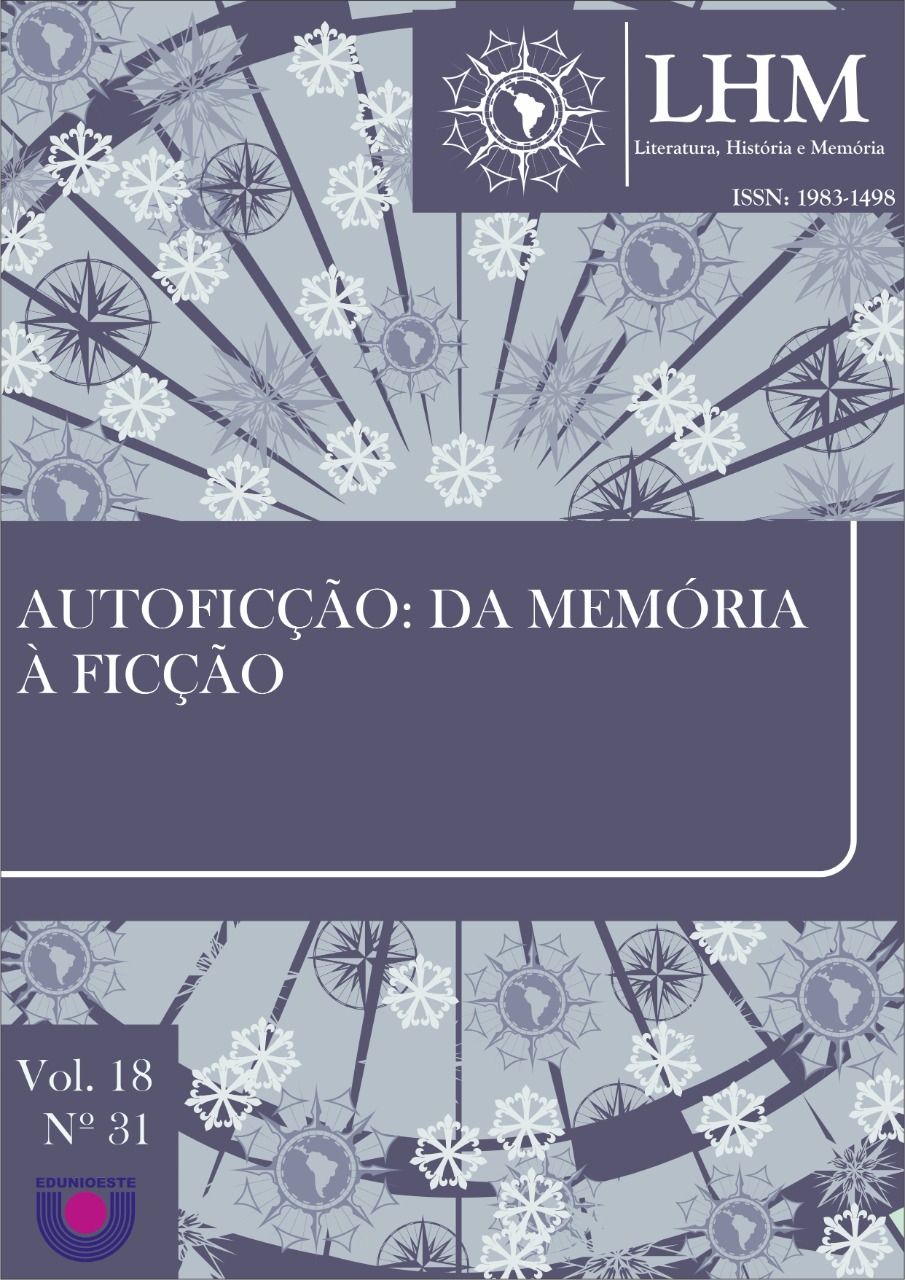Escrevivência e banzo
lemes dos navios de nossa memória?
DOI:
https://doi.org/10.48075/rlhm.v18i31.27881Palavras-chave:
Memória, escrevivência, banzo, diálogos possíveis.Resumo
Neste artigo construiu-se uma revisão teórica e conceitual da expressão banzo que, desde a chegada dos cativos africanos em territórios brasileiros, a fim da exploração da mão de obra escravocrata, tem sido apresentada na literatura como um mau provocado pela memória viva e a ausência da África, diante da diáspora forçada. Posteriormente, estabeleceu-se diálogos entre as noções de banzo e escrevivência, esta última defendida como um espaço de memória e do fortalecimento do compromisso antirracista que, por natureza, exige a reescrita da história dos povos negros por quem, de fato, vivenciou-a. Para tanto, utilizou-se de estudos que transitam entre a história e a literatura, mais precisamente as proposições teóricas de Conceição Evaristo (2010; 2016; 2017); Oliveira (2021); Oda (2008) Clóvis Moura (2004) Kananoja (2018); Cosme (1967), dentre outros. A partir disso, percebeu-se que há um diálogo intenso entre escrevivência e banzo, visto que ambos se dão no presente em relação ao passado; um intentando conectar-se com o passado perdido (banzo); o outro, construir futuros diversos do vivido atualmente (escrevivência).
Downloads
Publicado
Como Citar
Edição
Seção
Licença
Copyright (c) 2022 Revista de Literatura, História e Memória

Este trabalho está licenciado sob uma licença Creative Commons Attribution-NonCommercial-ShareAlike 4.0 International License.
Aviso de Direito Autoral Creative Commons
Política para Periódicos de Acesso Livre
Autores que publicam nesta revista concordam com os seguintes termos:
1. Autores mantém os direitos autorais e concedem à revista o direito de primeira publicação, com o trabalho simultaneamente licenciado sob a Licença Creative Commons Attribution que permite o compartilhamento do trabalho com reconhecimento da autoria e publicação inicial nesta revista.2. Autores têm autorização para assumir contratos adicionais separadamente, para distribuição não-exclusiva da versão do trabalho publicada nesta revista (ex.: publicar em repositório institucional ou como capítulo de livro), com reconhecimento de autoria e publicação inicial nesta revista.
3. Autores têm permissão e são estimulados a publicar e distribuir seu trabalho online (ex.: em repositórios institucionais ou na sua página pessoal) a qualquer ponto antes ou durante o processo editorial, já que isso pode gerar alterações produtivas, bem como aumentar o impacto e a citação do trabalho publicado (Veja O Efeito do Acesso Livre).
Licença Creative Commons
Esta obra está licenciada com uma Licença Creative Commons Atribuição-NãoComercial-CompartilhaIgual 4.0 Internacional, o que permite compartilhar, copiar, distribuir, exibir, reproduzir, a totalidade ou partes desde que não tenha objetivo comercial e sejam citados os autores e a fonte.


